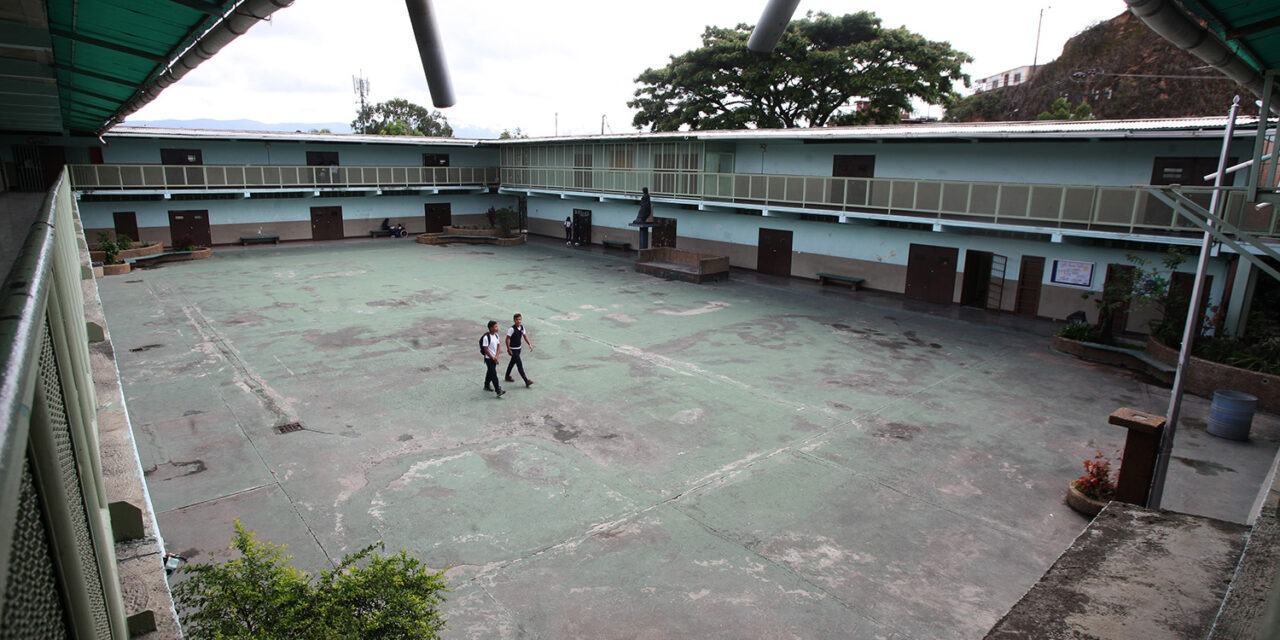Venezuela. In many countries, two agendas do usually coexist. One of them is the public agenda, which focuses on the topics of greatest citizen interest at a given time but is not static. It generally evolves according to the needs of the population. However, sometimes it does not coincide with the most important issues but rather with topics induced by interest groups.
Then there is the political agenda, which is fundamentally restricted to the issues promoted by the political leadership -whether in the government or the opposition- and may coincide with the general interest and become part of the public agenda, although most of the time it follows a very different path.
Depending on whether or not both agendas align, they have profound political, economic and social implications for the lives of millions of citizens. In the particular case of Venezuela, we have seen that both agendas have been very distant from each other in recent years. As a consequence, political leaders and parties have been disconnected from the population, as reflected by important studies carried out in 2023.
However, two crucial events took place in the last quarter of the year, the October 22 opposition primary election and the December 3 consultative referendum on the Esequibo territorial controversy on December 3, both of which point to a change in the state of affairs.
Longing for change in Venezuela
The country has once again entered into an atmosphere of reunion with politics. According to Delphos polling firm, around 85% of the Venezuelan population has a deep desire for change. Without a doubt, this “re-politicization” is setting a new course in the thematic definition of both agendas. Therefore, paying close attention to them in 2024 will be key in assessing the particular impacts that they will have on the public life of the nation.
2024 will navigate along the debate between staying anchored to the Esequibo issue, with all its national and international repercussions in geopolitical and geostrategic terms; a presidential election mandated by the constitution, and the harsh effects of the multidimensional crisis on the national economy and every Venezuelan family.
Depending on how they are interpreted and instrumentalized by the political leadership, these three broad topics may have a prominent place on the public agenda or the political agenda.
It is worth noting that the public agenda usually concentrates the interest of the population. The legitimacy of the topics on this agenda can trigger important movements in terms of public opinion. The Esequibo territorial controversy has an important weight in the collective imagination, although partisan support for this topic might be little if the political instrumentalization of the issue becomes too evident.
The presidential election is a tool highly valued by citizens and has been, for some time, the most important reference for the population in terms of resolving the long national political conflict.
However, the biggest issue on the minds of Venezuelans is the economic difficulties that complicate people’s lives. With this real issue planted on the public agenda, we can expect it to have a greater influence on the shaping of the opinion of the majority. Depending on the distribution of attention in both agendas, we will see important repercussions.
Translated by Jose Rafael Medina




